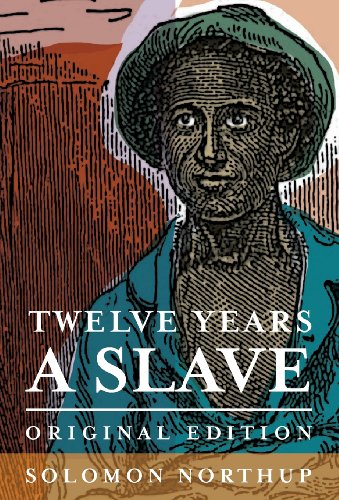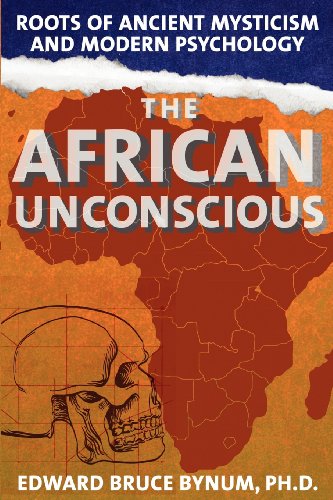 After having posted last week about the biography of Abraham Lincoln by Lord Charnwood in response to a review in The Wall Street Journal, this week Abraham Lincoln is again in the news in a new book review in The Economist, Both the President's Men. The Lincoln’s Boys: John Hay, John Nicolay, and the War for Lincoln’s Image by Joshua Zeitz
After having posted last week about the biography of Abraham Lincoln by Lord Charnwood in response to a review in The Wall Street Journal, this week Abraham Lincoln is again in the news in a new book review in The Economist, Both the President's Men. The Lincoln’s Boys: John Hay, John Nicolay, and the War for Lincoln’s Image by Joshua ZeitzThis review says the following:
"AMERICANS crave books about Abraham Lincoln. But finding fresh material on their 16th president is tough. So some writers are turning to his acolytes—the cabinet, the generals, the son. A new account, by Joshua Zeitz, focuses on Lincoln’s two secretaries, who had an insider’s view of a momentous presidency. John George Nicolay and John Hay shared a bedroom at the White House and served as Lincoln’s gatekeepers and letter-writers. The president called them “The Boys”. They called him, privately and devotedly, “The Tycoon” and “The Ancient”
The secretaries accompanied Lincoln from Illinois to Washington in 1861. Nicolay, born in Germany but mostly raised in America, was a former newspaperman who had once walked 35 miles to get a job. Hay was a Brown University graduate and would-be poet, aimless until he began working for Lincoln after the 1860 presidential campaign.............
“Lincoln’s Boys” is reinvigorated when Mr Zeitz returns to his core subject: the work Hay and Nicolay did with Lincoln’s legacy. Even while the civil war raged, they formed a plan to write their boss’s biography. After the assassination Lincoln’s eldest son, Robert, took control of thousands of administration papers. He gave the secretaries first crack (the papers would not be open to the public until 1947) and they promised Robert he could delete what he wished. Around 1874 Hay and Nicolay started their work. By 1890 they had produced a ten-volume biography......
(This) book proved fundamental to the shaping of Lincoln’s story. It came out at a time, Mr Zeitz writes, when Americans were conveniently forgetting that slavery had driven the Union apart. As for Lincoln himself, the public had been feeding eagerly on tabloidy reports of a past (and by this point long-deceased) love and a rocky marriage. Hay and Nicolay hammered hard on slavery, skimped on painful personal details and built a case for the wise and compassionate leader that Americans revere to this day.
“I believe he will fill a bigger place in history than he even dreams of himself,” Hay wrote to a friend in 1863. Thanks partly to his and Nicolay’s endeavours, he was to be proved right."
Cosimo offers this unique Hay's and Nicolay's 10-volume portrait in hardcover or paperback, especially of interest to Abraham Lincoln collectors, readers who like to expand their personal library or professional librarians.
The hardcover retail list price for the series is $449, but now:
our price: $359.99 (you save $90 - or a 20 percent discount - and free shipping)
The paperback retail list price: $279.99, but now:
our price: $220.99 (you save $50 - or a 18 percent discount - and free shipping)
If you are interested in purchasing the full set, please contact us.








